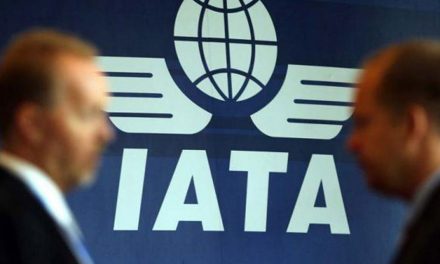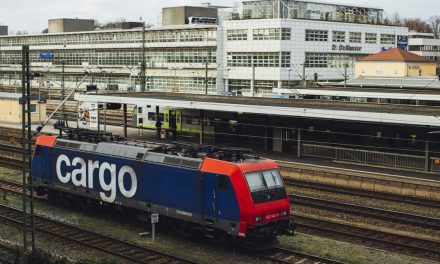
US strategy seeks boost to global supply chain security
The US government has launched a six-month international consultation on a new national strategy to improve security in the global supply chain. Following on from recent increases in screening requirements for cargo entering the United States, the Department of Homeland Security said it wants to help foster a global supply chain that ensures a secure flow of goods.
The strategy, which builds on the US policy of setting up a layered defence against security threats, also seeks to improve preparations for, and recovery from, hazards and disruptions in the global supply chain.
Adding his signature to the strategy, President Barrack Obama insisted that the conflict between efficiency and security within the global supply chain was a “false choice”, that the US could promote economic growth while tackling threats to homeland security.
The new strategy resolves to deal with threats early by integrating security processes into supply chain operations and improving verification and detection capabilities for compromised cargo.
Among its intentions are to restrict access to cargo and cargo infrastructure to “legitimate and relevant” personnel, but the strategy also promised new mechanisms to simplify the system for low-risk cargo.
On the international stage, the US will push for global standards and the strengthening of security systems and information-sharing, said the strategy, adding that working with industry and foreign governments, it would look for customised solutions to speed up the flow of legitimate commerce “in specific supply chains that meet designated criteria and can be considered low risk”.
The US already requires 100% of high risk cargo on international flights bound for the US to be screened in the wake of the 2007 9/11 Act, through its Certified Cargo Screening Program.
US Secretary for Homeland Security Janet Napolitano, who unveiled the new strategy this week at the World Economic Forum in Davos, Switzerland, said the US had to continue working to strengthen global supply chains to ensure they operate effectively in times of crisis, recover quickly from disruptions and facilitate international trade and travel.
“As a part of this effort, we look forward to working closely with our international partners in the public and private sector to build a more resilient global supply chain,” said Napolitano.












